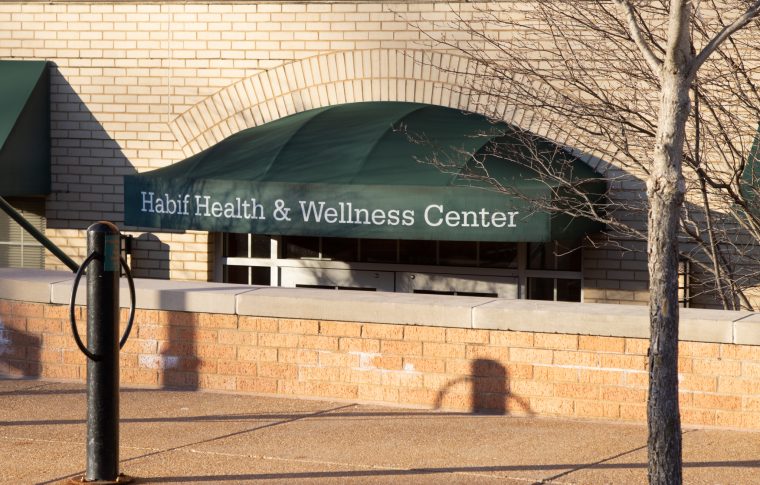Medical | News | Student Groups
Students speak out against xenophobia spurred by coronavirus outbreak
Members of Asian Pacific Islanders Demanding Justice voiced concerns and discontentment about the dialogue surrounding the coronavirus.
 Photo by Curran Neenan
Photo by Curran Neenan The Asians and Pacific Islanders Demanding Justice (APIDJ) discussed how the continued outbreak of coronavirus cases around the world has been accompanied by an increase of racial slurs and jokes targeted toward students of Asian descent at their weekly meeting, Feb. 20.
“Casual xenophobia is rampant on campus amongst lots of people, and it’s a problem,” APIDJ member Helen Xiu said. “A friend of mine has bore witness to very blasé, nonchalant xenophobia and racial slurs, so it definitely happens.”
In addition to verbal expressions of casual racial bias, internet memes further promote an attitude of disregard for the impact that the coronavirus has had on Washington University students and their families.
“There’s no reported cases in Missouri and because of that, students and faculty at Washington University are very disconnected from it as a result,” junior Amanda Sy said. “I hear jokes about it even though [coronavirus] really had such a negative impact on Chinese citizens.”
Expressions of fear with regard to coronavirus outbreaks have also been generalized to encompass the entire Asian ethnic population.
“I also feel as though Asians bear the brunt of xenophobia,” continued Sy. “There’s also this idea that Asian people wearing facemasks are ‘dirty,’ not trying to prevent themselves from getting sick.”
Although there have been no reported cases within the Washington University student population, many students are only one degree of separation away from those impacted by Coronavirus.
“Some people don’t realize that some of us have family back in China that are dealing with quarantines—I have relatives that haven’t been out and about in 30 days,” APIDJ member senior Rachel Ding said. “Even though there is a sort of disconnect, the jokes connect back to very real people.”
APIDJ members acknowledged that the existence of racial prejudice or bias to any degree or toward any specific ethnic group cannot be completely erased. Their aim, however, is to bring awareness to issues of discrimination and consequently promote impartial discussion of such issues.
“Amongst the student body, I would like to see self-reflection. I don’t imagine that people who go out of their way to belittle and disrespect others are simply going to stop,” Xiu said. “The key is to make these people realize the ramifications of casual slurs as well as their own biases and the internal structure that they place Asians on.”
Beyond making students more cognizant of the impact of coronavirus-related slander, APIDJ members have been in communication with members of the administration in efforts to disaggregate ethnic data. This campaign was launched by the founder of APIDJ with the aim of promoting transparency about the true makeup of the Asian diaspora.
“Studies have shown that disaggregated ethnic data amongst universities better allows the institution to allocate funds to underrepresented populations,” said APIDJ member sophomore Josie Robinson. “The process has been slow—we’ve been getting bounced around a lot. Administration has been saying that it’ll take four to five years to push this campaign through.”
Recent shifts in administrative positions have slowed the group’s efforts. Disaggregated ethnic data across all ethnicities would require the University to reconstruct the current data system, which dates back over 40 years. This process alone is expected to take 2-3 years.
The Common Application, Coalition and Questbridge, which currently serve as the primary source for ethnic data, do not disaggregate ethnic groups.
“There’s definitely an unequal ethnic representation here and a lot of the work is falling on our shoulders—which makes sense because student groups should have the autonomy to push these campaigns forward,” continued Robinson.
Although several APIDJ members will likely not see the changes that they are working toward, they hope to remain in contact with the Center for Diversity and Inclusion and other administrative offices to promote respect across the multiplicity of ethnic groups that comprise the University’s student body on behalf of underrepresented ethnic groups for years to come.
